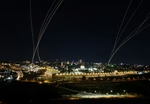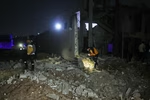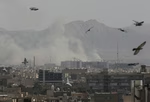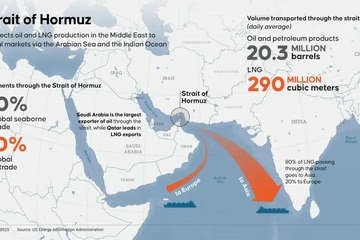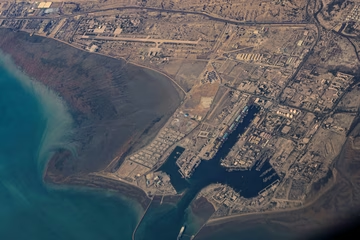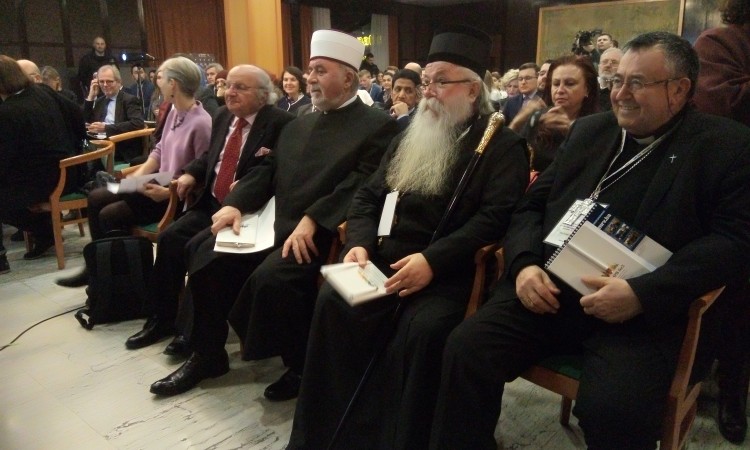
Bosnia's religious leaders and representatives of authorities convened in a conference to discuss how to strengthen interreligious dialogue in Bosnia's local communities. The meeting that commenced on Friday in Sarajevo was opened by Chairman of the Interreligious Council Husejin Smajic.
“The Interreligious Council remains strongly committed to the interreligious dialogue with a goal to build a functional and more just society for all. With its work, experience and established network of activities, the council put itself forward as a relevant and reliable partner, helping the society to become better,” said Smajic at the meeting taking place in Sarajevo.
The council was established in 1997 with joint efforts of the leaders of the main religious communities in the country – Islamic, Catholic, Orthodox and Jewish. The guiding principle leading the body, formed a year after the end of the 1992-95 war, was reconciliation among the ethnic groups.
Smajic said he was happy to have activists of 15 local boards for interreligious cooperation and religious officials from all parts of Bosnia attending the conference.
Protecting the human rights and dignity is a significant part of work of religious communities in Bosnia and “everyone should accept the fact that human beings, naturally diverse in their religious beliefs and opinions, speech, behaviour and values are entitled to the right to live in peace and be the way they are without being discriminated,” Smajic was quoted as saying.
Bosnia Orthodox leader, archbishop Hrizostom, expressed satisfaction over the results that the Interreligious Council achieved.
“I was pleasantly surprised by the notion that young people and women believers work on the ground in Bosnia and Herzegovina. That's praiseworthy because it shows all projects are well-designed and led, which has to continue,” he added.
Cardinal Vinko Puljic, Catholic Church leader in Bosnia, noted that those results are encouraging and incite formation of new boards as well as support to already existing ones, with an aim to make them work even better and more efficiently.
According to Bosnia's Jewish Community President, Jakob Finci, the project of having numerous boards operating across the country means a huge step in the council's further work and development. He finds particularly important that their work involves many young women.
The body gathering all main religious communities in Bosnia enjoys the support of authorities. Assistant Minister of Human Rights and Refugees, Saliha Djuderija, stressed in the conference opening that communities have to be enabled to take their right place in society, which includes the reconciliation processes.
“I am happy that this will result in a practical initiative, which will last and contribute to the processes that are dominantly political start flowing more calmly and differently. It is important to have some principles and ethical frameworks established within the reconciliation process,” said Djuderija.
Kakvo je tvoje mišljenje o ovome?
Učestvuj u diskusiji ili pročitaj komentare





 Srbija
Srbija
 Hrvatska
Hrvatska
 Slovenija
Slovenija









